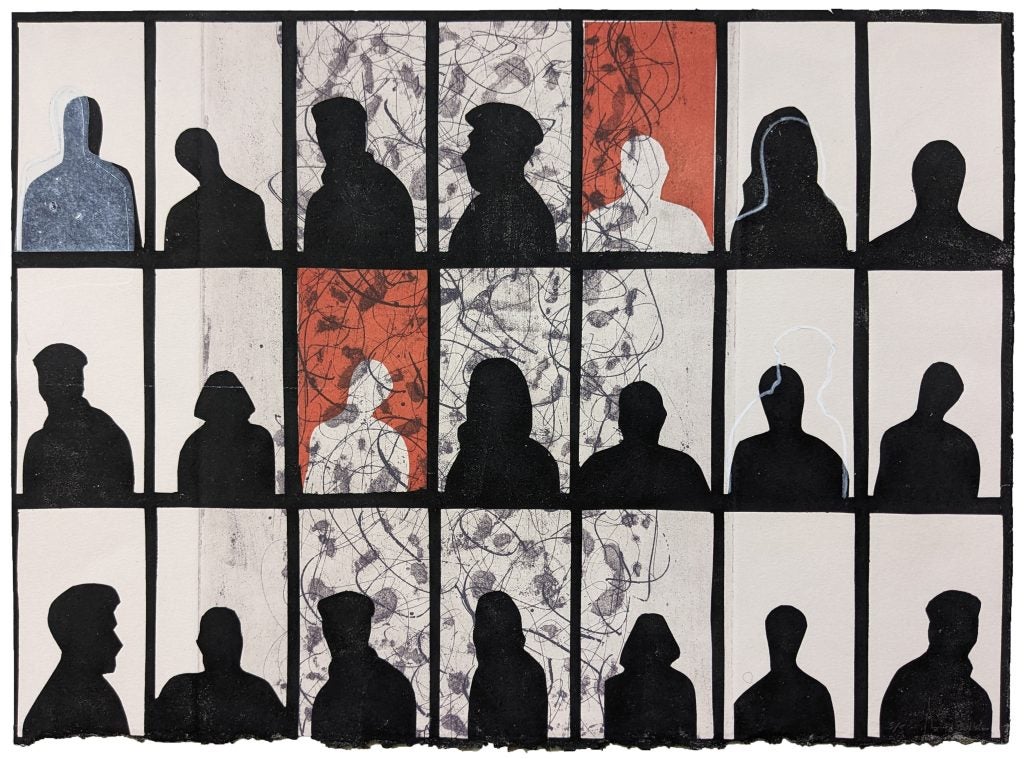
In September 2003, just a few violent months after the Bush administration proclaimed major combat operations had ended, the Coalition Provisional Authority (CPA) – the US-led civilian body charged with administering occupied Iraq – organized a two-day workshop in Baghdad to identify best practices for countries transitioning from state-led to market economies. Seeking to draw lessons that may be applicable to Iraq, the CPA invited former ministers and finance officials from Central and Eastern European countries to share their experiences. Evidently impressed by Poland’s “shock therapy,” in which Warsaw introduced a drastic neoliberal package during the country’s emergence from Soviet domination in the early 90s, the CPA appointed the former Polish finance and prime minister responsible for those reforms, Marek Belka, to head the CPA’s Office of Economic Policy. With Belka at the helm, lessons learned from Poland’s transition would be universalized and superimposed onto Iraq, with little regard to contextual factors. Iraq was, after all, seen as a blank canvas upon which the West could project its own visions.
Zealously driven by a belief that markets are the most efficient way to organize a society and, by extension, to optimize individual freedom, the CPA issued what can only be described as the economic equivalent to the U.S. military’s “shock-and-awe” campaign. Within a year, the CPA issued an astoundingly high number of Orders to build the new neoliberal state. Some of the most notable included, for example, selling about 200 state-run enterprises, eliminating the right to unionize in most sectors, outlawing labor strikes, opening Iraq’s banks to foreign ownership and control, mandating a regressive flat tax on income, lowering the corporate rate to a flat 15%, eliminating taxes on profits repatriated to foreign-owned businesses, and even prohibiting Iraqi farmers from re-using “protected” varieties of genetically modified seeds.
Just as important as providing physical security, these reforms were seen as essential to enhancing human security, and the surest path to achieving democracy, stability, and prosperity for Iraq. According to this logic, once the remnants of the regime were ousted, a comprehensive sanctions regime lifted, and market-oriented reforms enacted, foreign direct investment would be bountiful, and its fruits would trickle down. Revenues from Iraq’s natural resource wealth would generate the national funds needed for its reconstruction, elections could be held, and a constitution drafted. The order of events here matters: Iraq’s neighbors and, indeed, the entire Arab World, would see a thriving democratic country because it was “open for business.” Meanwhile, in the real world outside the Green Zone fortress, the security situation worsened each day, and unemployment soared to nearly 60 percent. For anyone paying attention, it was clear the country was burning. Undeterred by events on the ground, however, the CPA vigorously pursued the opening of the Iraq Stock Exchange: the September workshop had, after all, identified a functioning equity market as a critical part of any economic transition.

Twenty years later, the results of the CPA’s attempts to remake Iraq in its vision speak for itself. According to a 2020 World Bank report, which uses similar metrics as the CPA to measure economic growth, Iraq’s non-oil GDP has remained flat for the past two decades, its economy continues to suffer from low labor participation and one of the lowest female participation rates in the world, and the country places just above Afghanistan in its “Ease of Doing Business” ranking. And despite (or partly due to) its hydrocarbon wealth, Iraq has abysmally low levels of human and physical capital, coupled with the third-highest poverty rates in the world among upper-middle-income countries. While most Iraqis struggle to make ends meet, elites have captured the state and treat public resources like personal slush funds. This was evidenced most egregiously in October 2022, when the Ministry of Finance announced $2.5 billion dollars of Iraq’s national funds had been stolen from the General Commission of Taxes account over the previous year by five shell companies, implicating several senior government officials. Few are holding their breath that the funds will be fully returned or that justice will ever be served.
With Iraq back in the news surrounding the 20th anniversary, I’ve thought about the US-led occupation a great deal in recent weeks, and I keep coming back to this “lessons learned” workshop of 2003, dominated as it was by self-proclaimed experts – many with limited regional knowledge. Although I was not present, it is not difficult to imagine how those conversations unfolded, and we heard echoes of them in several recent articles and events held contemplating the invasion and subsequent occupation of Iraq. Sadly, many of the popular accounts from U.S. perspectives frame the tragedies of the Iraq War primarily as a result of poor execution, focused mainly on poor planning and administrative dysfunction. While it is well-documented that the Bush administration failed to prepare for the “day after” it began occupying Iraq, and turf wars between Foggy Bottom and the Pentagon often resulted in incoherent policies, far less attention was given to the deeper structures and sets of beliefs that informed decision-making to go to war and which shaped the policy prescriptions that followed, such as the dogged conviction that neoliberal reforms necessarily lead to free, open, and prosperous societies.
Like the workshop twenty years ago, these popular narratives – perpetuated by “thought leaders” in the DC think tank circuit – are dangerous because they provide a false sense of greater understanding without seriously challenging any underlying assumptions. Without space for deeper reflection, we risk misidentifying the root causes of the cataclysmic injustices perpetrated against Iraq and Iraqis. And if only superficial critiques of the Iraq War are made accessible, then we should not be surprised when the mainstream “lessons learned” literature is confined to ahistorical and myopic thinking, offering only small tweaks along the margins of a faulty system anchored in notions of American exceptionalism and neoliberal beliefs that are clearly in need of fresh thinking and radical transformation. The importance of this publication and others like it is that they encourage critical analysis, and act as a counterbalance, offering alternatives to the same tired ways of thinking and set of tools that contributed to the tragic consequences of the Iraq War twenty years ago.
Paul J. McKinney is a 2021 CCAS alum and a veteran of the Iraq War.
This article was originally published in the Spring/Summer 2023 CCAS Newsmagazine.